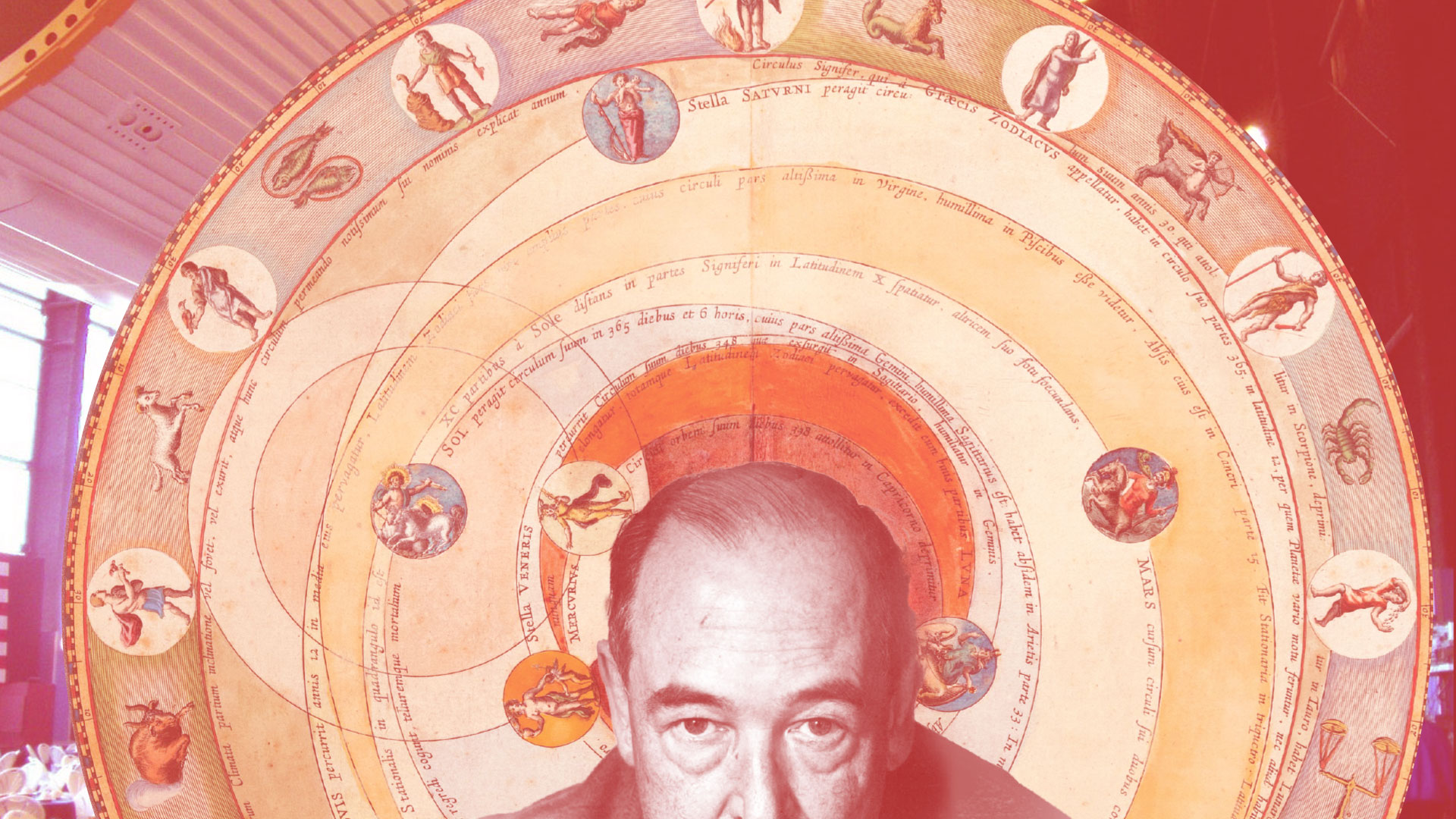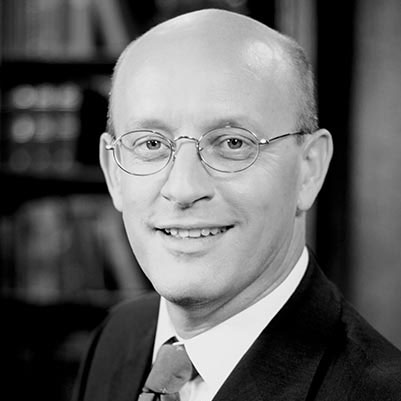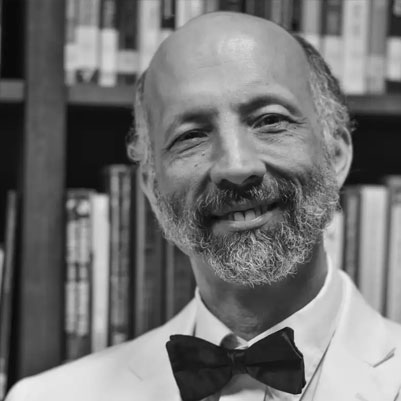C.S. Lewis and the Threshold of Tomorrow:
Humanity and Our Place in the Cosmos
@ Birmingham, AL
Event Tickets
Saturday Night, Q&A Participation
Sponsorship
We can’t do these types of events alone. Find out how to be a partner.
Symposium
Call for Papers and Registration for Friday and Saturday.
Date: May 9, 2026
- May 8-9, 2026 | 8:00AM – 9 PM
- Friday, May 8 from 12:00p to 6:00p
- Paper Presentations
- Saturday, May 9 from 8:00a to 3:00p.
- Paper Presentations
- Markos Keynote
- Friday, May 8 from 12:00p to 6:00p
- Saturday May 9: 6-9 Start of Ticketed Event
- 5:30 PM | 6:20 PM | Lecture #1 – Dr. Jason Baxter
- 6:20 PM | 6:30 PM | Intermission
- 6:30 PM | 7:20 PM | Lecture #2 – Dr. Michael Ward
- 7:20 PM | 7:30 PM | Intermission
- 7:30 PM | 8:30PM | Q&A
(Dr. Michael Ward; Dr. Louis Markos; Dr. Jason Baxter) - 8:30 PM | 9 PM | Meet and greet for sponsors (see above).
Navigating a New Babel
We’re at a civilizational crossroads, where the promises of artificial intelligence, biological optimization, and interplanetary colonization offer a tantalizing glimpse of transcendence. But will these dreams truly fulfill humanity’s deepest yearnings, or will they ensnare us in a new kind of bondage?
Long before our present age, the prescient writings of C.S. Lewis warned of the dangers of pursuing limitless power and ultimate knowledge through our own ambition. Join us as we explore Lewis’s profound outlook, gaining the clarity needed to navigate the temptations of a civilization striving to become its own god by shedding its humanity.
Why the dedication to Dr. Lyle W. Dorsett
A Call for Prudence and Love
This conference is more than an academic discussion; it’s a call to a deeper understanding. It’s an invitation to embrace prudence, limits, and love in the face of calls to shed our humanity. The question of how to reach eternity beckons.
Dr. Michael Ward, a renowned C.S. Lewis scholar, communicator, and educator, will deliver two lectures at the historic Beeson Chapel at Samford University. Following his lectures, Dr. Ward will be joined by fellow Lewis scholar and humanities professor Dr. Louis Markos for a one-hour Q&A session, offering a unique opportunity for dialogue and deeper insight.
Join Tactical Faith in the heart of the Magic City at historic Samford University in the beautiful Hodges Chapel for invigorating discussion and shared wisdom for how to live wisely in the present age.




